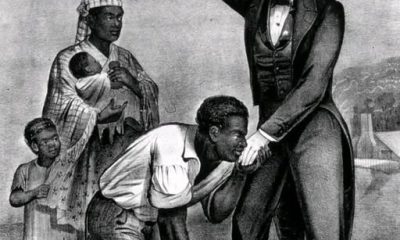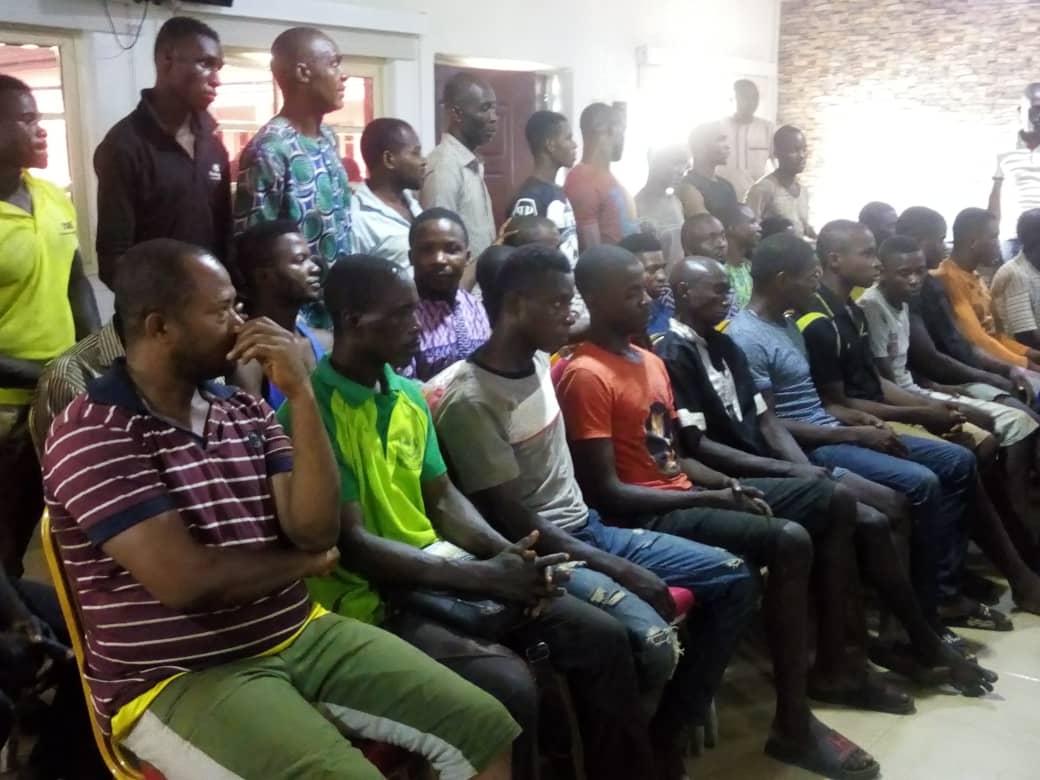In a landmark ruling on Friday, Justice James Omotosho of the Federal High Court, Abuja, discharged and acquitted 50 individuals accused of terrorism and alleged membership in the Indigenous People of Biafra (IPOB).
The group, which included four women, faced charges brought by the Nigerian Police Force. However, the court found no credible evidence to substantiate the allegations.
Delivering the judgment, Justice Omotosho stated that the police failed to establish a prima facie case, a critical requirement under Section 303 of the Administration of Criminal Justice Act (ACJA) 2015.
The judge emphasized that the prosecution did not present any substantial evidence linking the defendants to the alleged crimes.
The Inspector-General of Police had charged the defendants with assembling inside a 911 truck bearing registration number XA-139 BDN, purportedly for a meeting connected to acts of terrorism.
The police claimed they found various items in their possession, including 48 black caps, 25 red caps, and six orange caps, all allegedly emblazoned with the IPOB emblem. They also alleged the defendants carried charms, described as “juju.”
The prosecution presented four witnesses during the trial but failed to provide evidence demonstrating the defendants’ involvement in terrorist activities.
The defence team, led by Ifeanyi Ejiofor, entered a no-case submission, arguing that the prosecution had not met the burden of proof.
READ ALSO: IPOB demands justice for victims of Simon Ekpa’s alleged atrocities in Southeast
Justice Omotosho meticulously outlined the requirements for a prima facie case, explaining that the court must examine whether the prosecution established the essential elements of the offence and presented evidence linking the accused to the crime.
“The court concerns itself with whether the prosecution has presented sufficient evidence necessitating the defendants to enter their defence,” Justice Omotosho stated.
He further noted that the evidence provided by the prosecution fell short:
The police witnesses admitted that the defendants were merely found traveling together in a truck.
When questioned, the defendants explained they were attending a burial but were unable to provide details about the deceased or the host.
There was no evidence to suggest they were attending an IPOB meeting or involved in any acts of terrorism.
“The mere fact that they could not name the deceased or the person inviting them to the burial is insufficient to suspect them of engaging in terrorism,” the judge ruled.
This verdict represents a significant critique of the Nigerian Police Force’s investigative and prosecutorial processes in terrorism-related cases.
The judgment highlights the importance of evidence-based prosecutions and adherence to legal standards to avoid infringing on individual rights.
The acquittal of the 50 individuals underscores the court’s commitment to upholding the principles of justice and fairness, especially in cases involving allegations as serious as terrorism.
Legal analysts have observed that this case could set a precedent for how similar cases are handled in the future.
Speaking after the ruling, defence counsel Ifeanyi Ejiofor lauded the court’s decision, describing it as a victory for justice.
“This judgment reaffirms the importance of due process and the necessity of credible evidence in criminal trials. The outcome vindicates my clients, who have endured significant hardship as a result of these baseless allegations,” he said.
The Nigerian Police Force has yet to comment on the court’s decision or indicate whether it will appeal the ruling.

 Football7 days ago
Football7 days ago
 News6 days ago
News6 days ago
 Comments and Issues1 week ago
Comments and Issues1 week ago
 Comments and Issues1 week ago
Comments and Issues1 week ago
 Comments and Issues1 week ago
Comments and Issues1 week ago
 Latest1 week ago
Latest1 week ago
 Comments and Issues1 week ago
Comments and Issues1 week ago
 Health7 days ago
Health7 days ago

